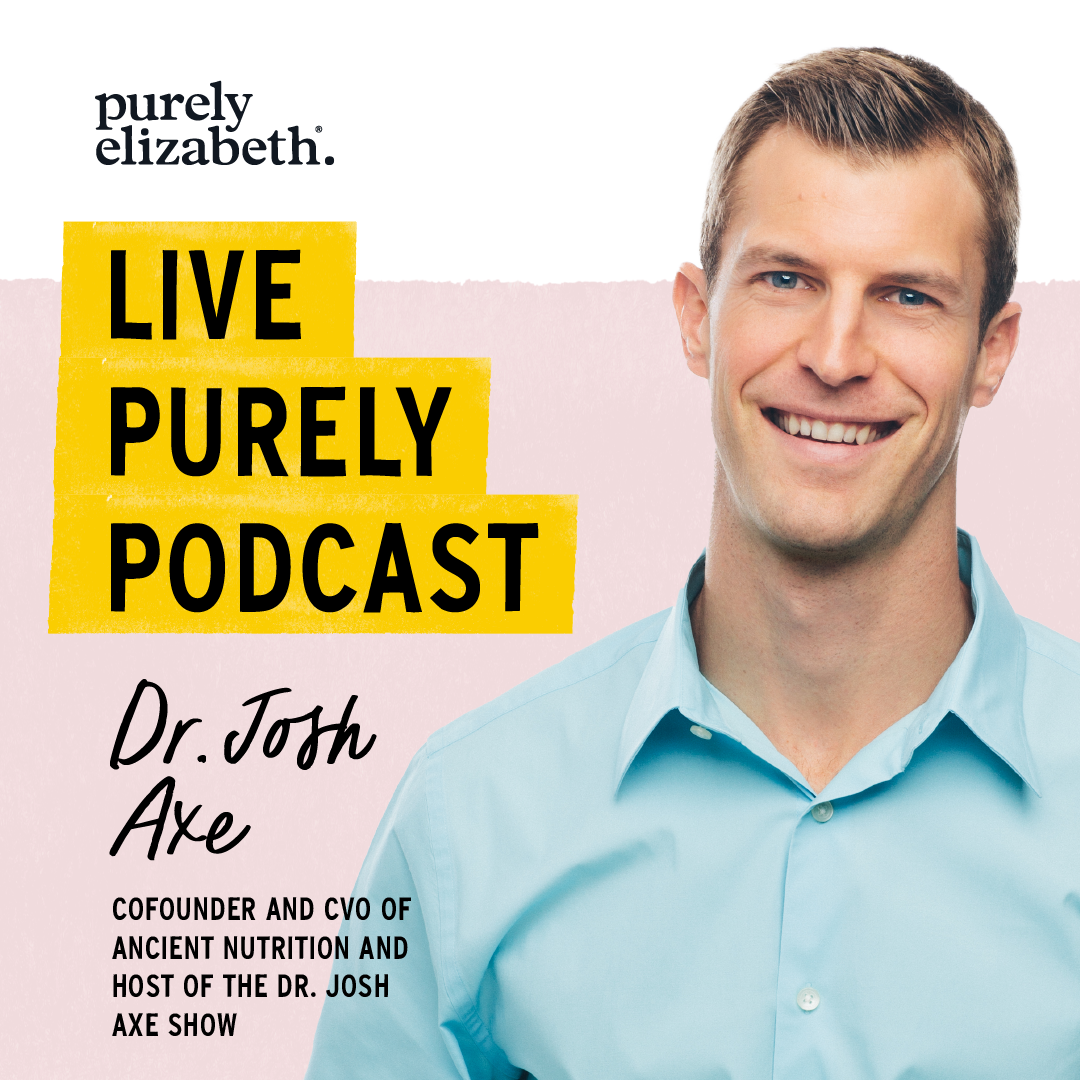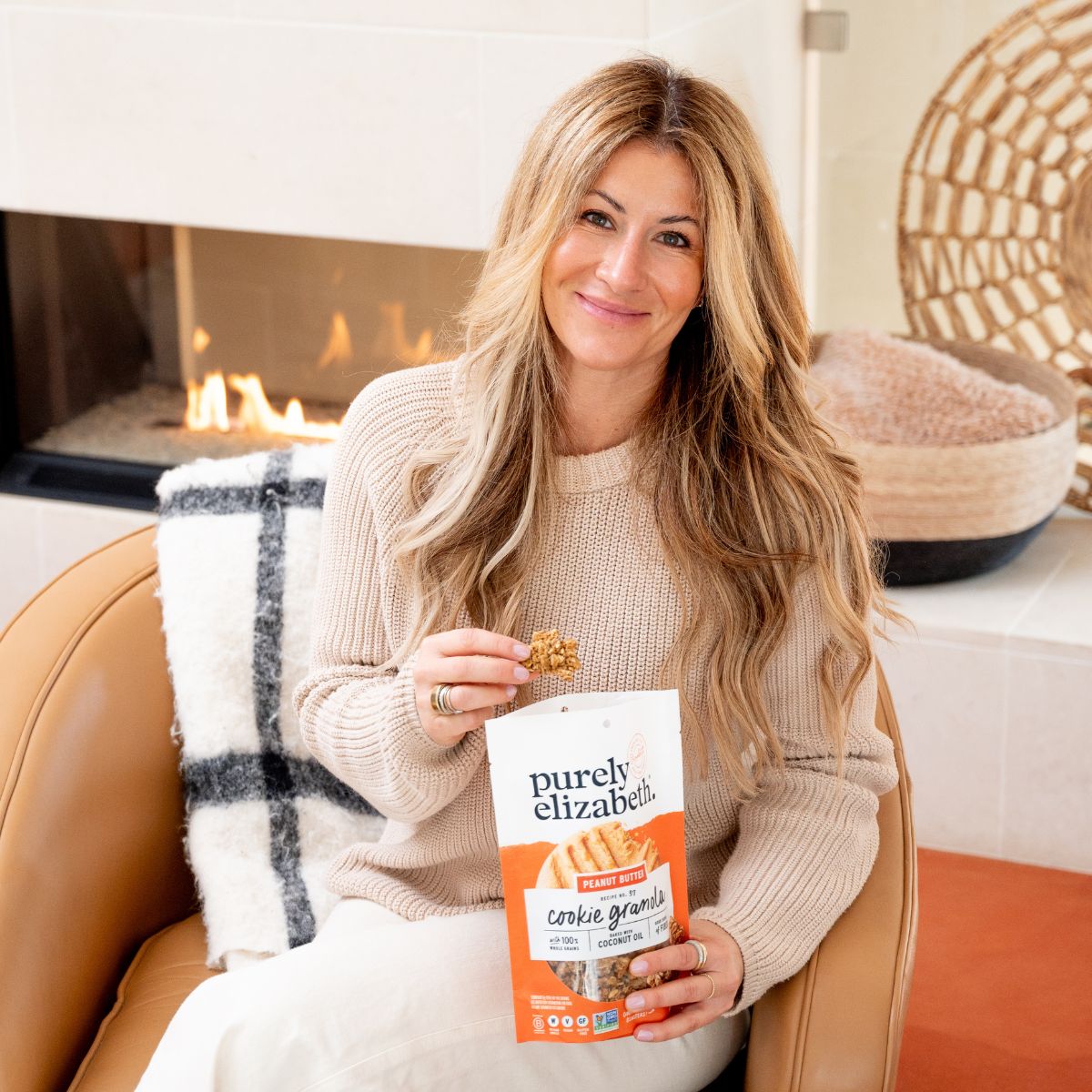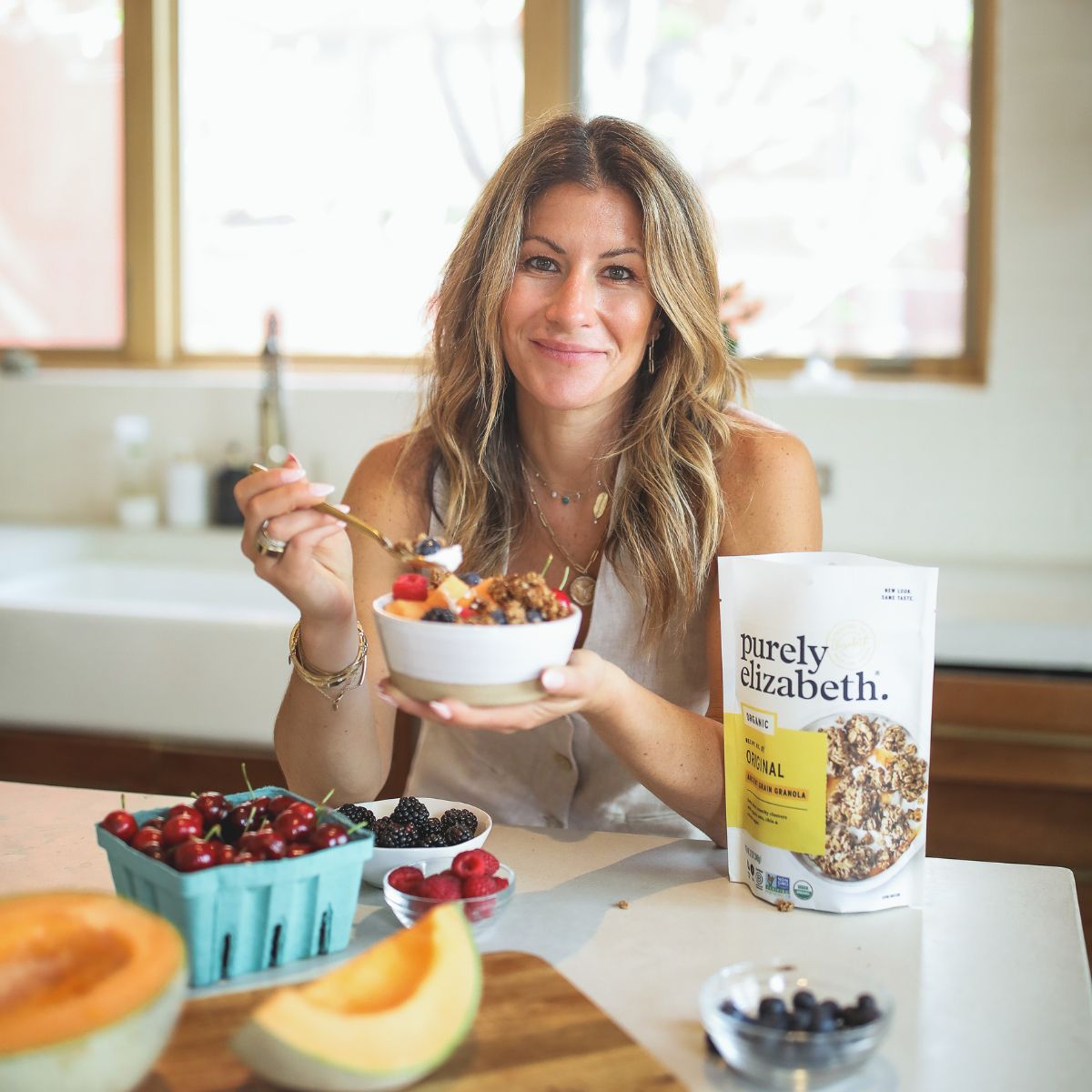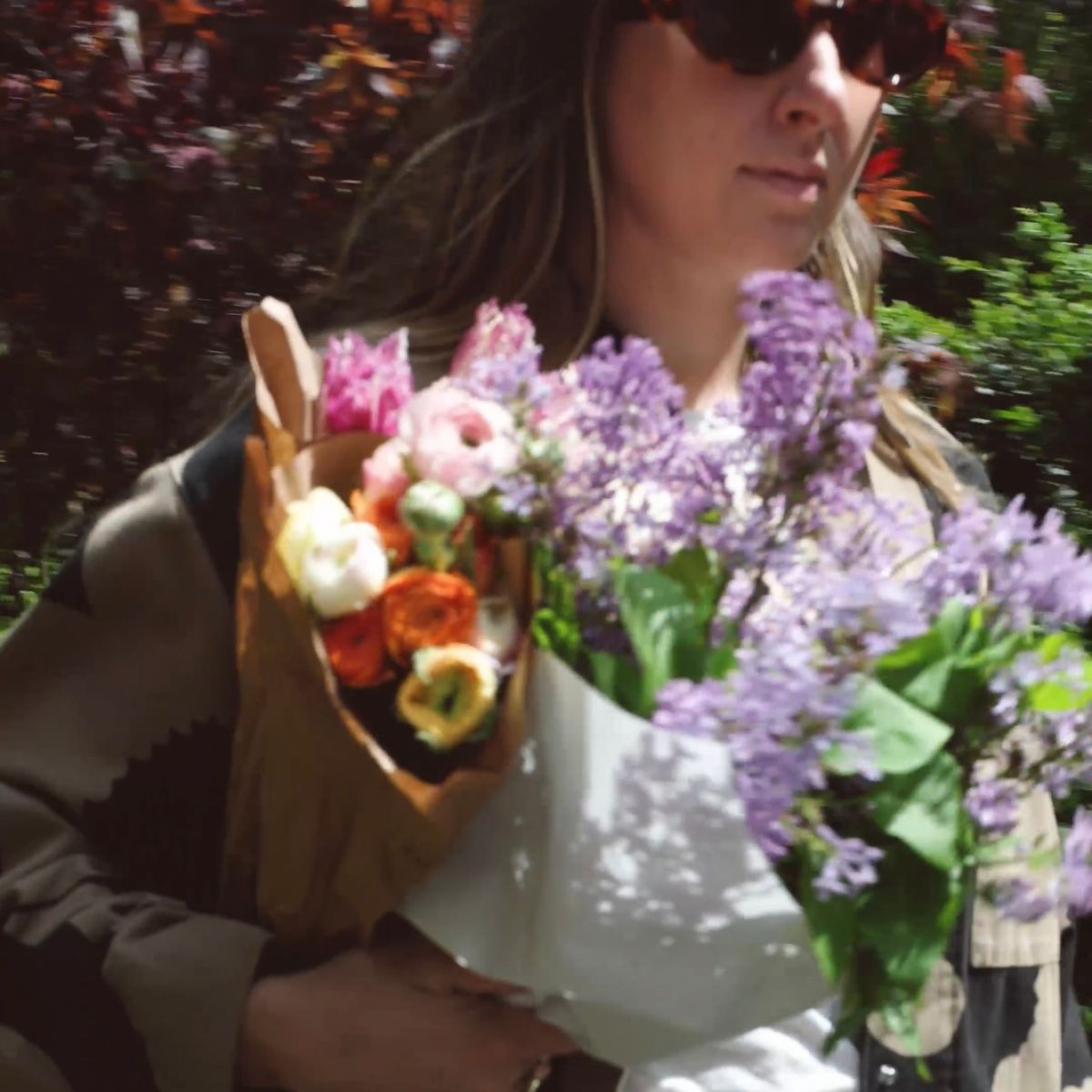Podcast
12 Mindset Shifts to Breakthrough Limiting Beliefs and Cultivating a Healing Mindset
with Dr. Josh Axe

Elizabeth welcomes back Dr. Josh Axe, leadership expert, entrepreneur, physician, and co-founder of Ancient Nutrition. He is also the author of several health and wellness books, including his latest book titled “Think This Not That: 12 Mindset Shifts to Break Through Limiting Beliefs and Become Who You Were Born to Be.” In their conversation, Elizabeth and Josh talk about the role of mindset in health, overcoming limiting beliefs, and how to stack things in your favor for cultivating a growth mindset. Josh also talks about the importance of surrounding yourself with people who inspire and support your goals, and how the universe boomerangs it back to you when you lead with generosity and help others reach their dreams.
You may also like
Mix & Match










